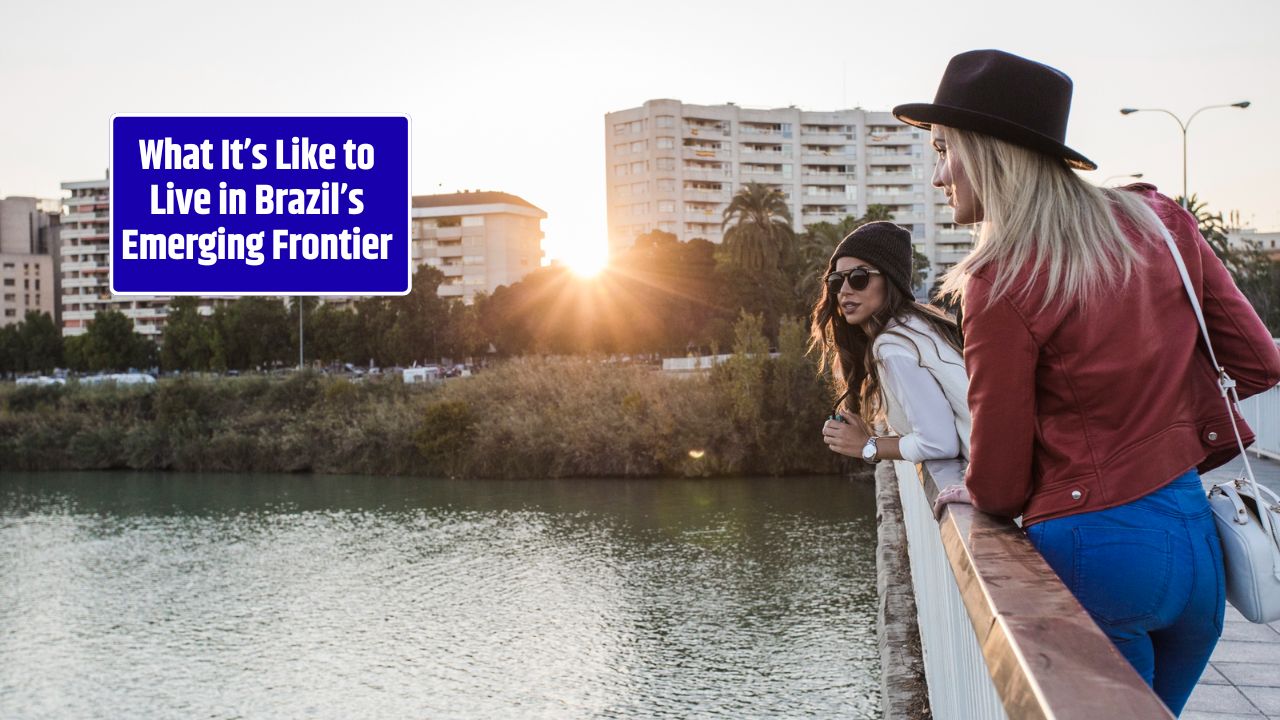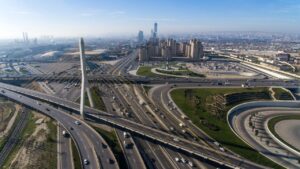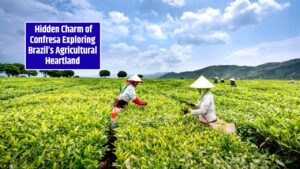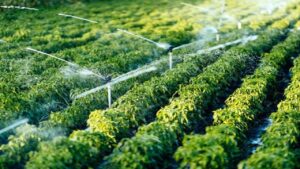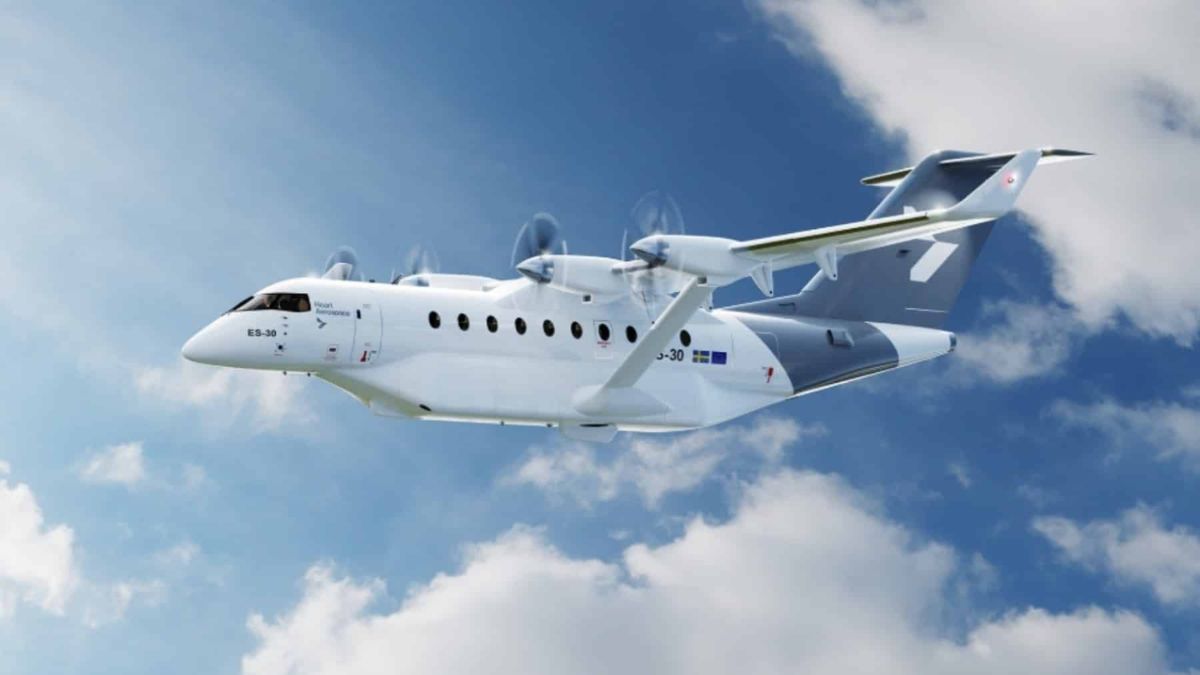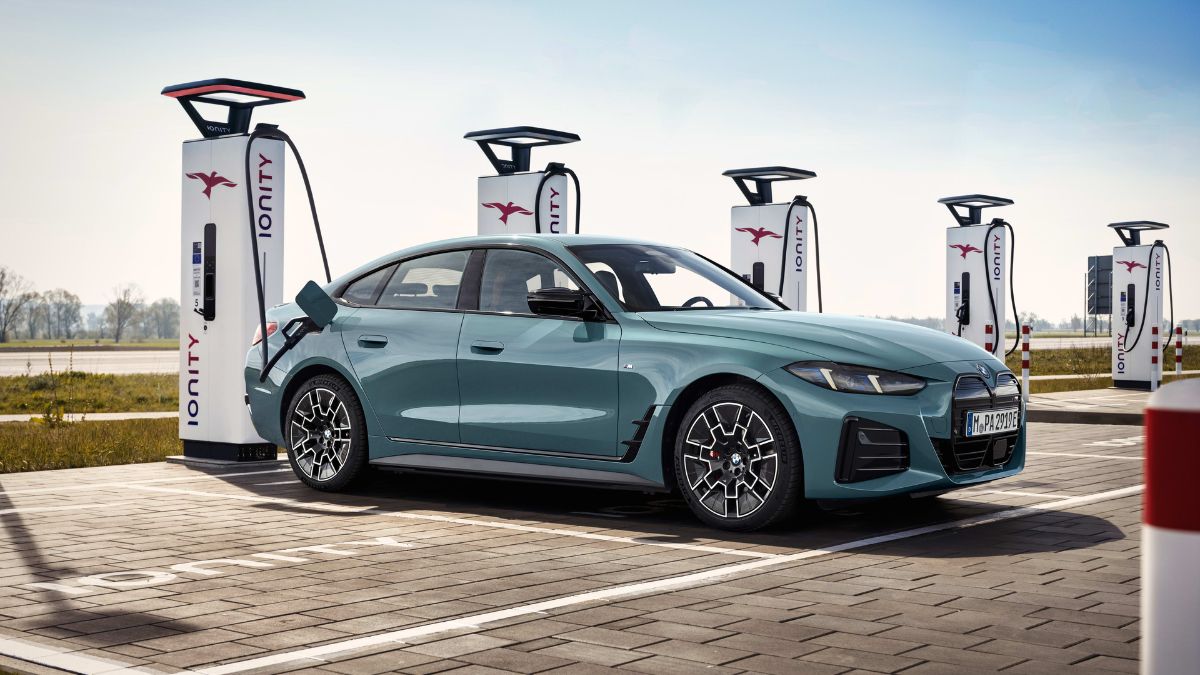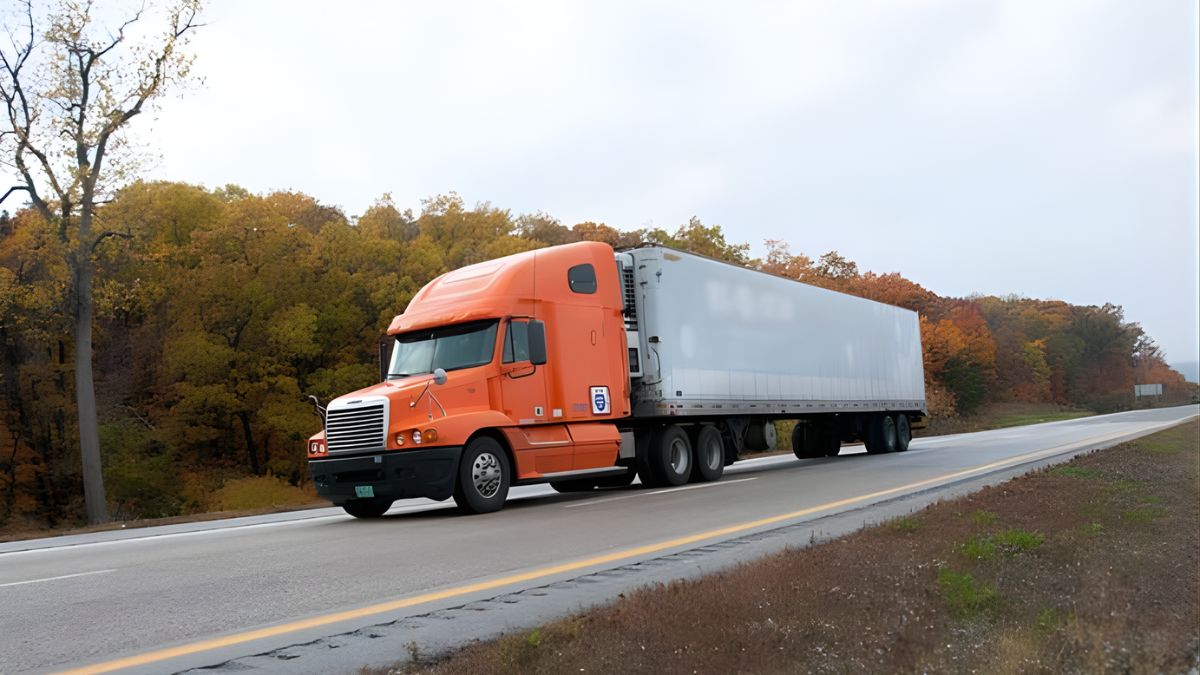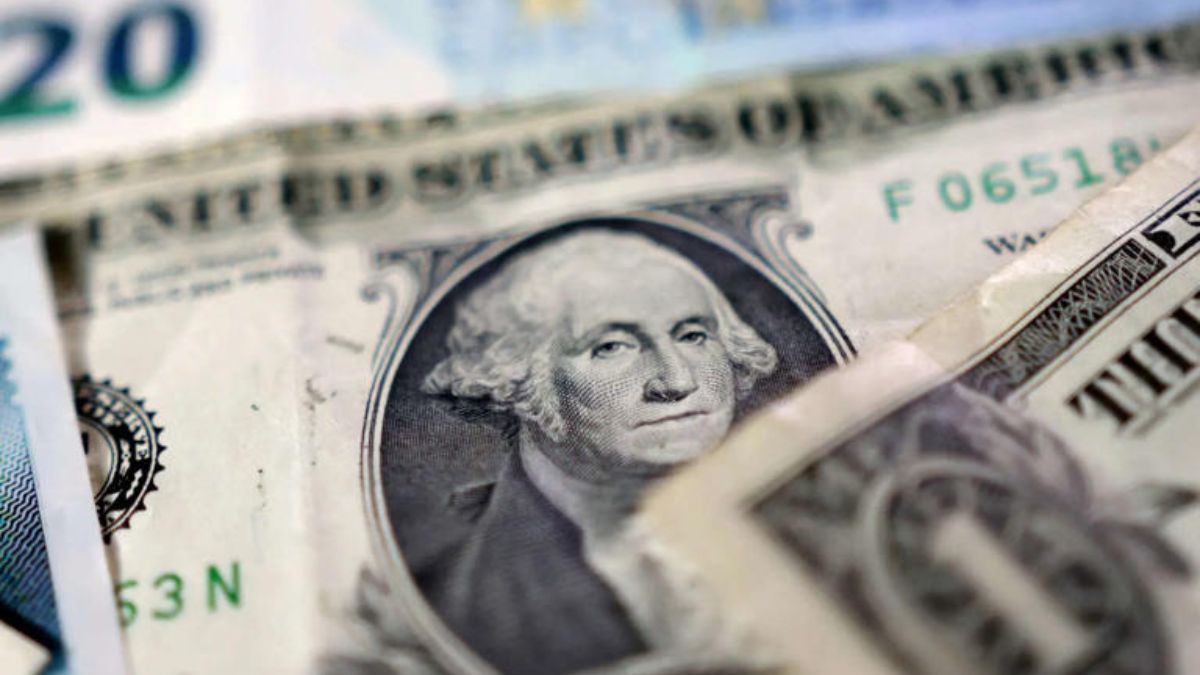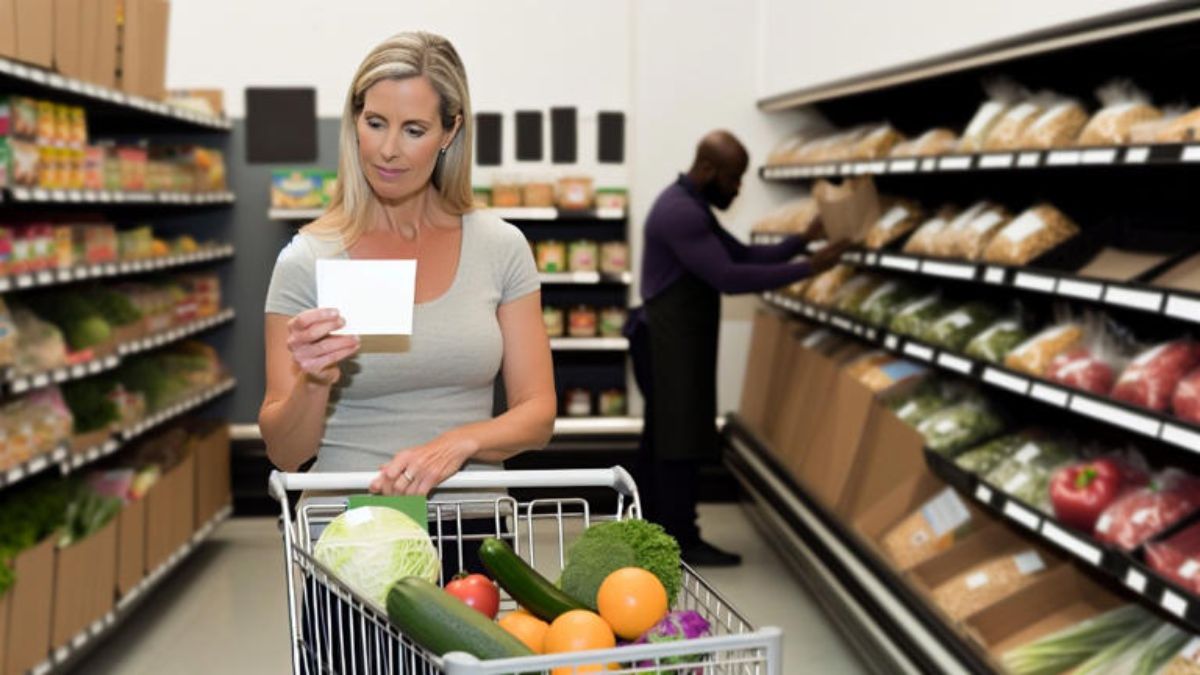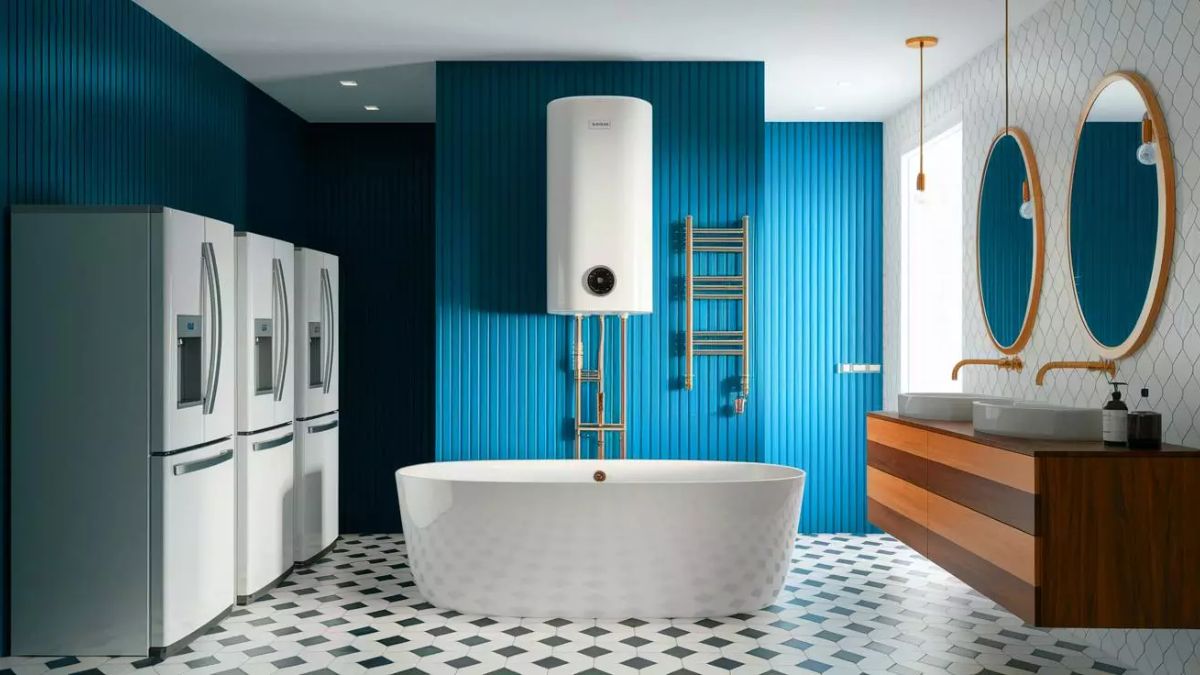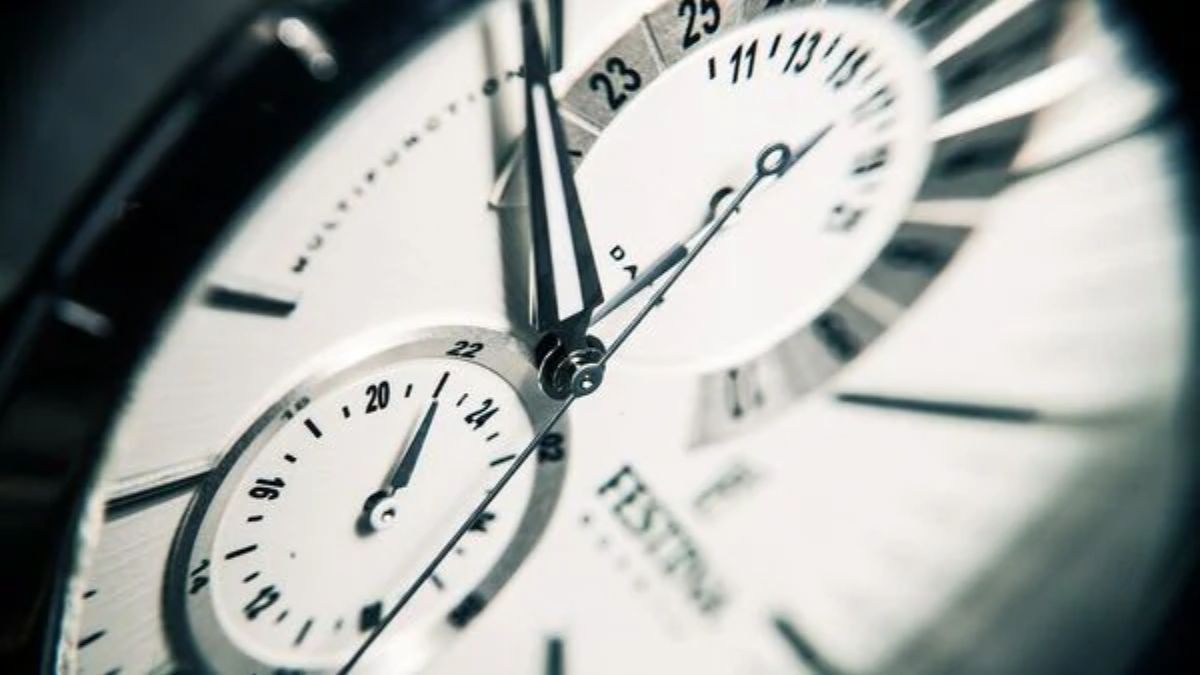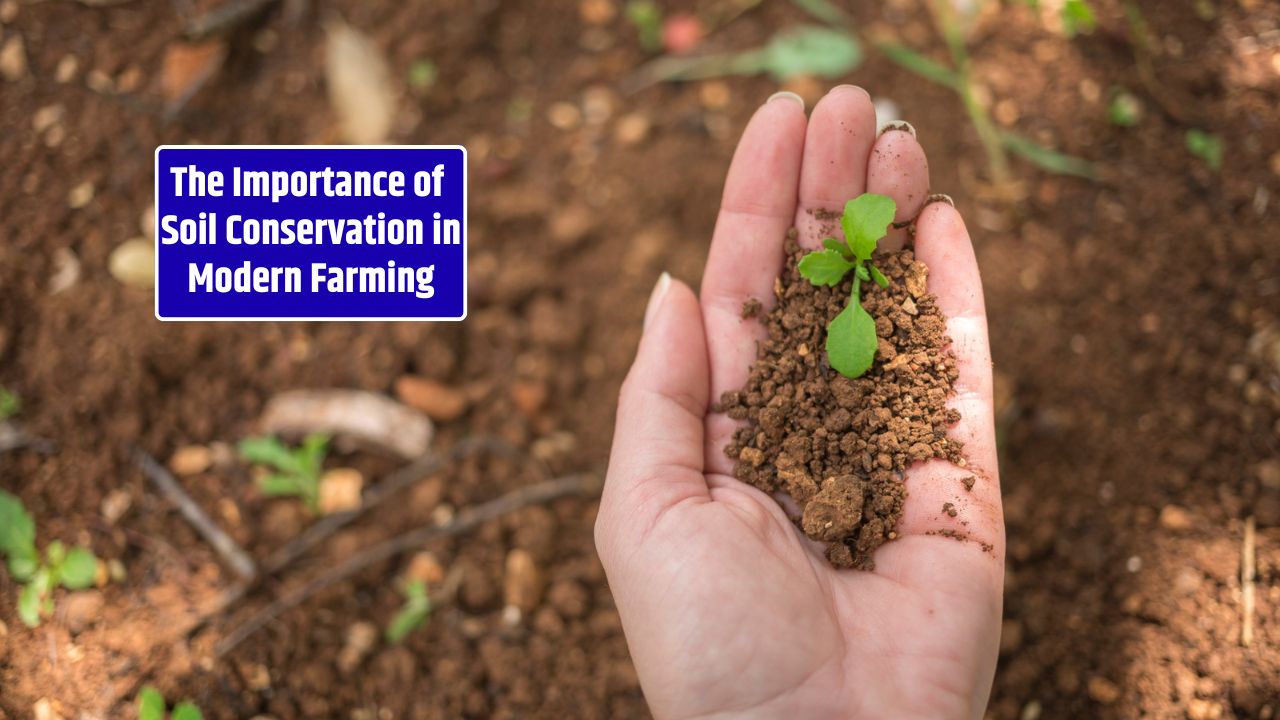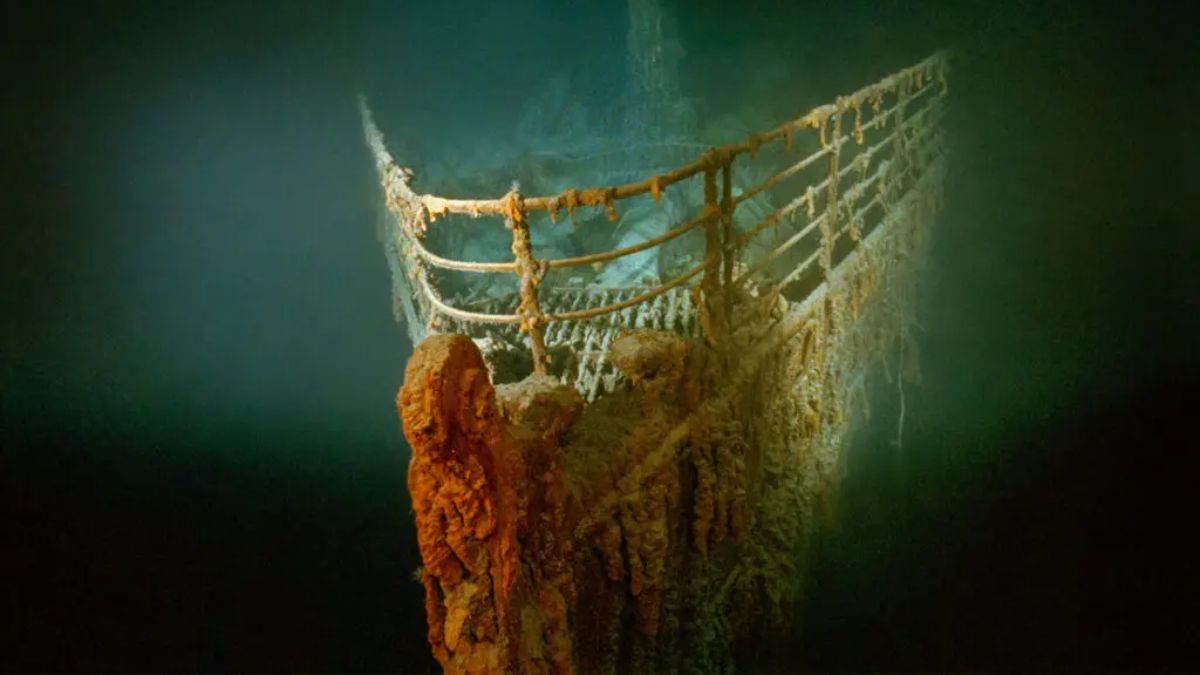If you ever find yourself driving north through Mato Grosso, Brazil’s vast agricultural state, there’s a moment when the landscape shifts—fields stretch to the horizon, red dust rises behind pickup trucks, and suddenly, Confresa appears. It’s not a metropolis, not even close, but this small frontier city hums with ambition. Here, you can feel Brazil’s modern rural transformation happening in real time. The sound of tractors blends with sertanejo music, and talk in the cafés drifts from rainfall to soy prices.
A Town Built from Grit and Migration
Confresa’s story starts like so many others in Brazil’s interior—people chasing land and opportunity. In the 1970s and 80s, settlers from the South packed their families into trucks and came north, drawn by the government’s land incentives and promises of fertile soil. They cleared forests, built homes from scratch, and founded towns like Confresa out of pure willpower.
Today, those pioneers’ kids run thriving farms, small industries, and local businesses. Confresa has grown from a handful of shacks into a bustling municipality of around 30,000 residents. Soybeans and cattle remain the economic backbone, but there’s a newfound diversity—small factories, tech-enabled farms, and service industries now dot the town.
The vibe? A mix of old-school ranching pride and a new generation that sees Confresa not as a remote outpost, but as a place to build a future.
Everyday Life: Simple, Honest, and Hot
Let’s be honest—life here isn’t glamorous. It’s hot, dusty, and sometimes chaotic. But it’s also warm in a way big cities can’t replicate. By sunrise, the streets are alive: farmers heading to their fields, kids biking to school, shop owners sweeping sidewalks, and food vendors setting up for the day.
Afternoons slow to a crawl under the 35°C sun. Locals retreat indoors or gather in cafés for juice and gossip. By evening, the town reawakens—motorcycles buzz down Avenida Central, churrasco grills flare to life, and laughter spills from small bars.
Weekends are for rodeos, church gatherings, or family barbecues. Despite its rapid growth, Confresa still has that everyone-knows-everyone energy. And newcomers—whether from the next town or another state—are welcomed fast, usually with a plate of rice, beans, and fresh-grilled beef.
The New Frontier Economy
Agriculture still rules here, but it’s not the backbreaking labor of the past. Farms now use drones, precision irrigation, and satellite mapping to monitor crops. Confresa is part of Brazil’s larger push toward smart agribusiness, and its residents are learning to blend tradition with technology.
According to IBGE, the region’s GDP has risen steadily, powered by soybean, corn, and livestock exports. Logistics companies, grain silos, and equipment dealerships are now major employers.
Young professionals who once left for Cuiabá or Goiânia are returning home—working remotely, starting businesses, or teaching at the local Instituto Federal de Mato Grosso (IFMT), which offers agritech and environmental programs.
There’s an optimism here that’s hard to fake. People talk about “o futuro de Confresa” like it’s already unfolding before their eyes.
Infrastructure: Still Catching Up
Progress comes unevenly. Paved roads are slowly expanding, but the outskirts still turn to mud after heavy rain. The BR-158 and MT-430 highways connect Confresa to the rest of the state, yet long-distance travel remains grueling—Cuiabá, the state capital, is nearly 1,200 kilometers away.
Electricity and internet access, once unreliable, have improved thanks to investments by Energisa and Claro. Fiber-optic coverage now reaches most neighborhoods. Healthcare and education, while better than in past decades, are still stretched by population growth.
On the upside, local authorities have partnered with Mato Grosso’s state development programs to modernize transport and housing. The city’s leadership knows that better infrastructure isn’t just about comfort—it’s about keeping talent and investment from drifting away.
Culture and Community: Faith, Food, and Festivals
If you want to understand Confresa, show up during ExpoConfresa, the annual rodeo and agricultural fair. It’s loud, dusty, and completely unfiltered—a blend of bull riding, live sertanejo concerts, and family reunions rolled into one.
Faith plays a huge role here. Churches—Catholic and evangelical alike—double as social hubs. They organize youth groups, charity drives, and community events that keep the social fabric tight.
And then there’s the food: pacu assado (grilled river fish), arroz com pequi, hearty churrasco, and fresh sugarcane juice. Meals are communal, long, and full of storytelling. It’s through food and fellowship that Confresa’s people hold onto their roots amid all the change.
The Nature That Frames It All
Step outside town, and the horizon swallows you. Confresa sits near the edge of the Araguaia River basin, an ecosystem rich with wildlife and waterways. On weekends, families head to the Grande Rio do Norte for fishing or boat trips.
Nearby, the Parque Estadual do Araguaia offers untamed nature—wetlands, forests, and savanna where capybaras and herons roam freely. It’s raw Brazil, still largely undiscovered by mass tourism, and locals know its beauty by heart.
That connection to the land isn’t just aesthetic—it’s spiritual. Many residents, especially older farmers, speak about nature with deep respect. “A terra é viva,” they say—the land is alive.
The Social Balance: Growth and Grit
Confresa’s success brings challenges. Land prices have surged, and the gap between large landowners and small farmers can be stark. Rapid urbanization has outpaced public services, putting pressure on schools and sanitation systems.
Yet, compared to many frontier regions, Confresa feels hopeful. There’s less of the transience you find in boom-and-bust towns. People are investing in schools, opening shops, and forming cooperatives. For many families, the dream isn’t to leave—it’s to make Confresa better.
Living in Confresa: Quick Facts
| Category | Detail |
|---|---|
| Population | ~30,000 (IBGE, 2024 estimate) |
| Main Industries | Agriculture, cattle, logistics, retail |
| Average Temperature | 28–35°C (hot year-round) |
| Cost of Living | 30–40% lower than Cuiabá |
| Transportation | Buses, motorcycles, local taxis |
| Internet | Expanding fiber and 4G coverage |
| Nearest Airport | São Félix do Araguaia (regional) |
| Safety | Generally safe; petty theft occasionally reported |
FAQs:
Is Confresa safe for newcomers or expatriates?
Yes, it’s a peaceful community. Most crime is minor, and locals are welcoming.
What’s the cost of living like?
Yes, it’s a peaceful community. Most crime is minor, and locals are welcoming.
Are there schools and hospitals?
Yes, Confresa has public and private schools, clinics, and a small hospital. For specialized care, residents travel to Barra do Garças or Goiâni

